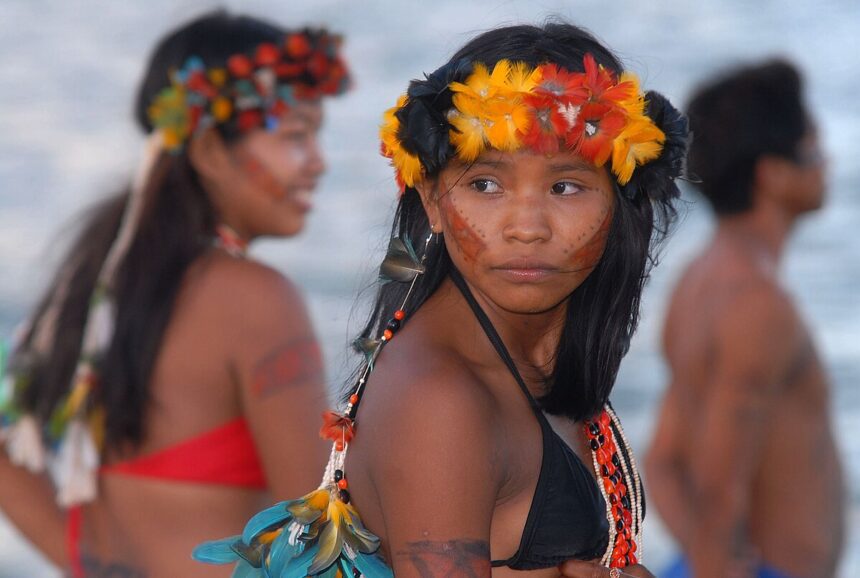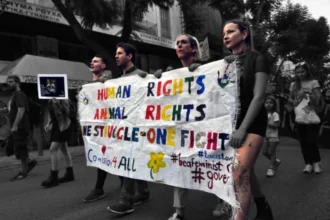The protection of indigenous peoples and the recognition of their rights is a subject that has long been debated and discussed at various levels of society. It is a topic that intertwines with the broader themes of human rights, multiculturalism, international law, and national identity. In this article, I will explore the multicultural conception of human rights in the recognition and application of the rights of indigenous peoples in Brazil, drawing from the academic insights and legal frameworks that have shaped this important area of study.
Evolution of Indigenous Rights
The protection of indigenous peoples at the international level is relatively recent, dating back to 1948 with the American Declaration of the Rights and Duties of Man and the Universal Declaration of Human Rights. These documents generically guarantee a series of human rights to all individuals. Specifically, the first supra-governmental document of binding character was ILO Convention nº 107 of 1957, which had features of Integrationist Policies.
Read More
However, with the rise of multiculturalism, recognizing the existence of diverse cultures that coexist and self-influence, there was a shift in Latin American countries in the mid-1980s. This shift led to the recognition in Constitutional Texts of the protection of various rights of ethnic minorities, a phenomenon that also occurred in Brazil with the promulgation of the 1988 Federal Constitution.
The 1988 Federal Constitution abandoned the integrationist paradigm, recognized the multiplicity of cultures, and guaranteed indigenous peoples the right to language, tradition, and the reproduction of their culture. These rights are essential for the preservation and propagation of respect for their sociocultural uniqueness.
The Constitution represented a historical milestone concerning the rights of indigenous peoples. It broke with the Integrationist Policies and constituted a new relationship between the State and indigenous peoples. It secured the right to language and tradition, vital for their sociocultural identity.
The Protection of Indigenous Rights
The Constitution of 1988 has a strong multicultural and pluriethnic inspiration. It recognized the indigenous people’s original right over the lands they traditionally occupy and established the exclusive enjoyment of these peoples over the riches that exist there. The Magna Carta also architected a system of recognition and protection of the ethnic singularity of indigenous peoples, aiming to provide both the physical and cultural reproduction of their communities.
Article 231 of the Brazilian Constitution recognizes the indigenous people’s social organization, customs, languages, beliefs, and traditions. It acknowledges their original rights over the lands they traditionally occupy, making it the Union’s responsibility to demarcate, protect, and respect all their goods.
The multicultural conception of human rights in the recognition and application of the rights of indigenous peoples in Brazil is a complex and multifaceted subject. It involves a delicate balance between respecting the unique cultural heritage of indigenous communities and integrating them into the broader national and international legal frameworks.
The shift from integrationist policies to a more inclusive and respectful approach towards indigenous rights represents a significant advancement in human rights law. It reflects a growing awareness of the importance of diversity, cultural heritage, and the intrinsic value of indigenous cultures. This issue resonates deeply with the ongoing global discourse on human rights, equality, and social justice. It challenges us to look beyond the conventional paradigms and embrace a more nuanced and empathetic understanding of the rights and dignity of indigenous peoples.
The journey towards full recognition and protection of indigenous rights is far from over. It requires continuous effort, dialogue, and collaboration between governments, indigenous communities, and international organizations. It calls for a commitment to understanding, respecting, and celebrating the rich tapestry of cultures that make up our global community.
Embracing a Compassionate Future
In the pursuit of a more just and inclusive world, the multicultural conception of human rights offers a path forward, grounded in empathy, respect, and a profound appreciation for the diversity of human experience. It is a path that recognizes the inherent dignity and worth of every individual, regardless of their cultural, ethnic, or social background. It is a path that leads us towards a more compassionate and humane future, where the rights of all are recognized, respected, and protected.
Adapted from an academic study for a wider audience, under license CC BY NC SA 3.0.









